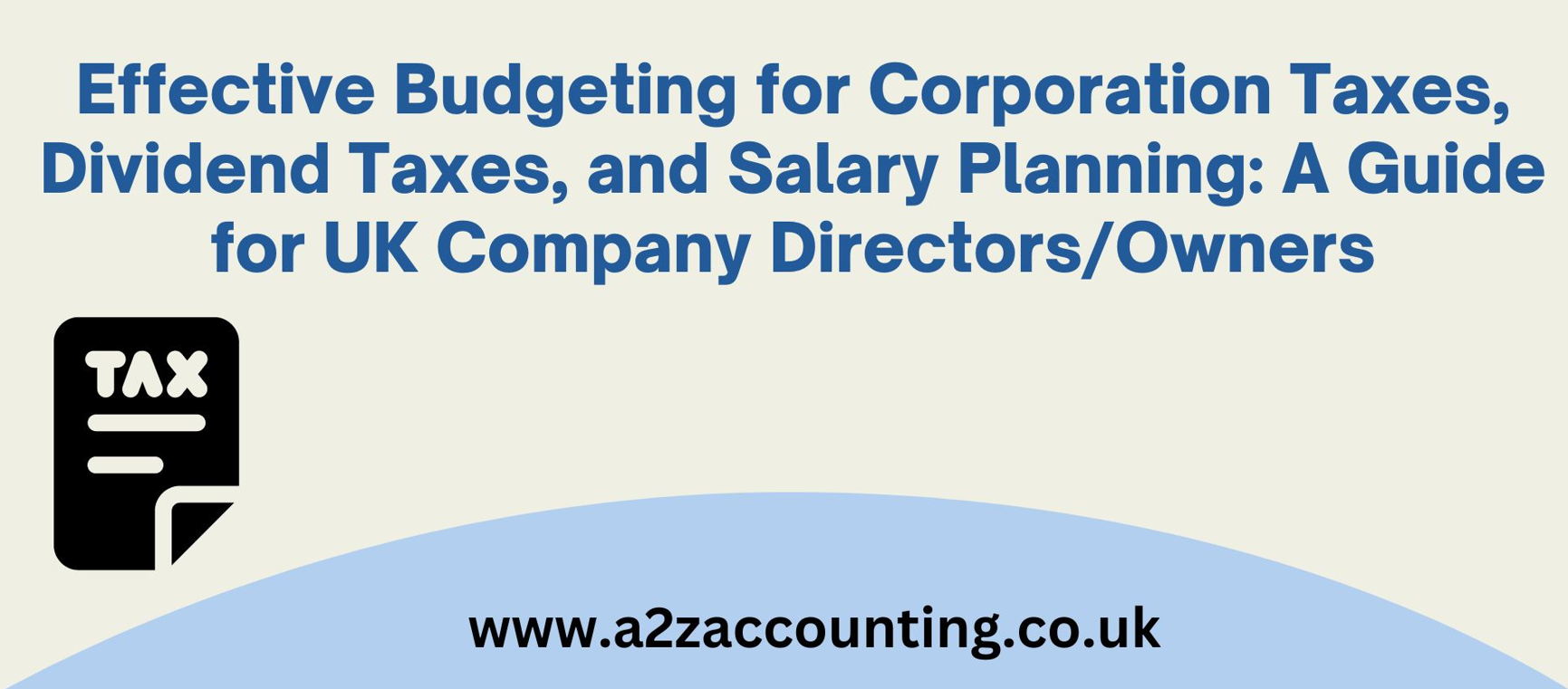Special purpose vehicles, or SPVs, have become increasingly popular in the UK over recent years. Entrepreneurs, particularly property investors, are using them to create tax-efficient businesses that reduce risk compared to conventional corporate structures.
What is a special purpose vehicle?
An SPV is a legal entity created for a specific purpose, usually to better manage risk. For instance, owners often set up SPVs to protect the parent company from failure, should the new company go bust. As such, SPVs have their own balance sheet and bear the brunt of the failure, should they go under.
What are the features of an SPV?
SPVs have several features that set them apart from conventional business structures.
• You can place properties in an SPV. When you do, you can sell the SPV to transfer the properties, instead of having to sell them individually via conventional means.
• SPV financials do not appear on the parent company’s statements. Instead, special purpose vehicles have their own balance sheets.
• You can form several different SPVs from a single parent company, allowing you to keep different projects independent of one another.
• SPVs can be formed as part of standard business structures, including limited liability partnerships, limited liability corporations, trusts, and certain other business types.
How are SPVs formed?
To form an SPV, follow these steps:
1. Incorporate and register your business, appointing at least one shareholder and director
2. Establish your company name, address and director details
3. Confirm that the new entity is an SPV in your Memorandum of Association (MOA) and Articles of Association (AQA)
4. Determine your Standard Industry Classification code
5. Provide Companies House with all the above information
As you can see, incorporating an SPV entails some complex requirements. Therefore, many companies in Aberdeen and the surrounding area get professional help with this task.
What are the risks of using SPVs?
While SPVs let you lower risks in some circumstances, they may actually raise them in others. For instance, it’s a bad idea to use SPVs to mask balance sheet information from investors. While the balance sheets are separate, owners will not appreciate you using an SPV to hide poorly-performing assets.
Furthermore, if you close your SPV, the parent company will have to take the assets back onto its balance sheet. If the operation is loss-making, that could imply significant costs.
Get advice on SPVs today
If you are interested in opening an SPV, get in touch with our team today. We can walk you through both the benefits and risks, enabling you to make the best decision for your enterprise.













